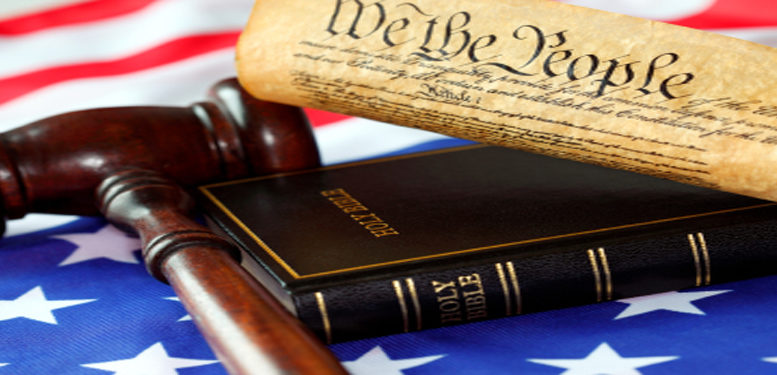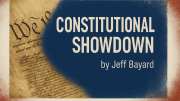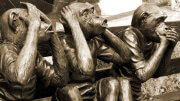Playback speed:
Introduction
Formed in the wake of the catastrophic events of September 11, 2001, the Department of Homeland Security (DHS) was tasked with a solemn duty: to protect the United States from terrorist threats. This broad mandate, however, has morphed over the years, leading to significant concerns that DHS has accrued too much power with inadequate representation or accountability to the American people. Many now view its expansive reach as a tool for executive overreach, impacting civil liberties and diminishing the protective power of the Constitution.
The Evolution of DHS: From Anti-Terrorism to Overreach
Initially celebrated as a necessary consolidation of security efforts, DHS has grown into one of the largest federal agencies, wielding substantial influence over aspects of American life far beyond its original anti-terrorism purpose. This section should delve into the historical expansion of DHS’s role, highlighting how its growth in power often came with little to no increase in direct accountability to the public or their elected representatives.
Surveillance, Data Collection, and Privacy Concerns
Critics argue that under the guise of national security, DHS has extensively monitored the activities of ordinary Americans, often without probable cause. This includes mass data collection initiatives and the monitoring of social media platforms, where the line between surveillance for security and unwarranted privacy invasions is frequently blurred. Examples like the NSA’s domestic spying programs revealed in past years, underscore the potential for abuse under DHS oversight.
Impact on Civil Liberties: Case Studies
- 2020 Protests: Federal agents deployed by DHS to manage protests often used tactics seen as aggressive and disproportionate, raising serious questions about the appropriate use of federal power in civil disturbances.
- TSA and Traveler Privacy: The Transportation Security Administration, a DHS agency, has been criticized for invasive screening techniques that affect millions of travelers annually, contributing to debates over personal privacy versus public safety.
Constitutional Tensions: The Bill of Rights at Risk
This critical section would explore specific instances where DHS actions have potentially infringed on the constitutional rights of Americans, particularly focusing on the First, Fourth, and Fifth Amendments. Discuss the legal and ethical implications of DHS activities, such as the use of technology for surveillance without sufficient oversight, and how these might violate constitutional protections against unreasonable searches and seizures.
Public Perception and the Executive Branch’s Control
Americans have a growing perception that the executive branch uses DHS and other “alphabet agencies” to assert control in ways that undermine the checks and balances designed by the Constitution. This part should analyze how expanding executive power through agencies like DHS diminishes the legislative and judicial branches’ roles, potentially leading to a systemic imbalance that favors executive discretion over democratic, representative governance.
Conclusion: Reclaiming Constitutional Balance
The conclusion should reinforce the need to rigorously reevaluate DHS’s role and powers. It should advocate for reforms to ensure that DHS’s activities are transparent, accountable, and aligned with the foundational principles of liberty and justice. It should also suggest practical steps for citizens to engage with lawmakers, participate in oversight efforts, and promote policies that safeguard both national security and individual freedoms.
Call to Action
Urge readers to remain vigilant and proactive in discussions on national security and civil liberties. Encourage participation in the political process to advocate for a balanced approach that respects both the nation’s security needs and its citizens’ constitutional rights.





